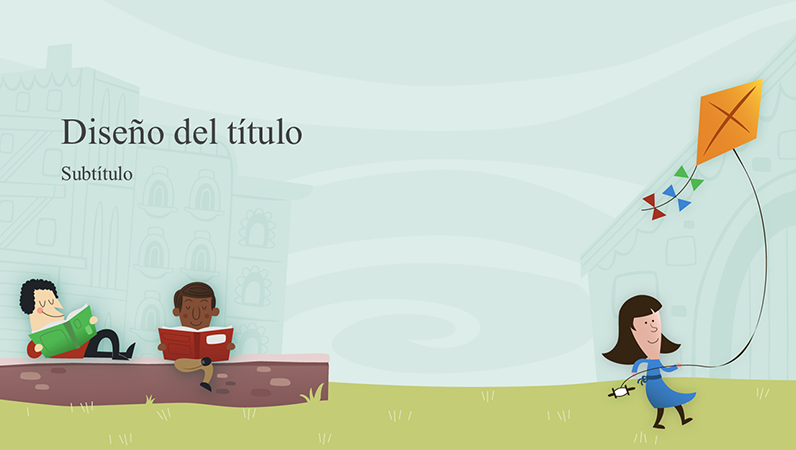El periodo de adaptación en la escuela infantil es un proceso por el cual los niños y las familias se van acomodando a una nueva situación, espacios, personas mayores e iguales. Es un proceso en todos los sentidos, tanto en el plano emocional como en el físico y mental. Os explicaremos qué se debe tener en cuenta en esta etapa y de qué modo conseguiremos que la transición de la casa al centro educativo se convierta en la mejor experiencia posible.
Tenemos que tener en cuenta que se trata de una fase en la que el pequeño empieza a explorar el mundo lejos de su figura de referencia. Así que esa figura debe estar tranquila tanto en la llegada como en la recogida. Los niños son muy sensitivos y, si notan que la persona que habitualmente les cuida está nerviosa o con ansiedad, ellos también lo estarán.
Es importante gestionar el apego, ya que se forma en el primer año de vida. La prioridad en este momento será crear un vínculo positivo con la educadora. El que establezca con ella compensará o reforzará el que ya está establecido con la persona de referencia en casa.
La duración de esta etapa dependerá del niño y del tipo de apego que haya desarrollado. Y terminará cuando acepte esta nueva realidad y se encuentre cómodo y a gusto.
La experiencia permite comprobar que tanto la actitud de la familia como el tipo de apego hacen que esta fase inicial sea más fácil o más complicada. Por eso, el centro educativo tiene que proporcionar, tanto a la familia como a los menores, aquellas necesidades que nos demandan en cada momento.
Hay dos estilos de apego y ambos marcarán el periodo de adaptación en la escuela infantil:
Los pequeños que lo han desarrollado son los que más apoyo necesitan en esta fase inicial.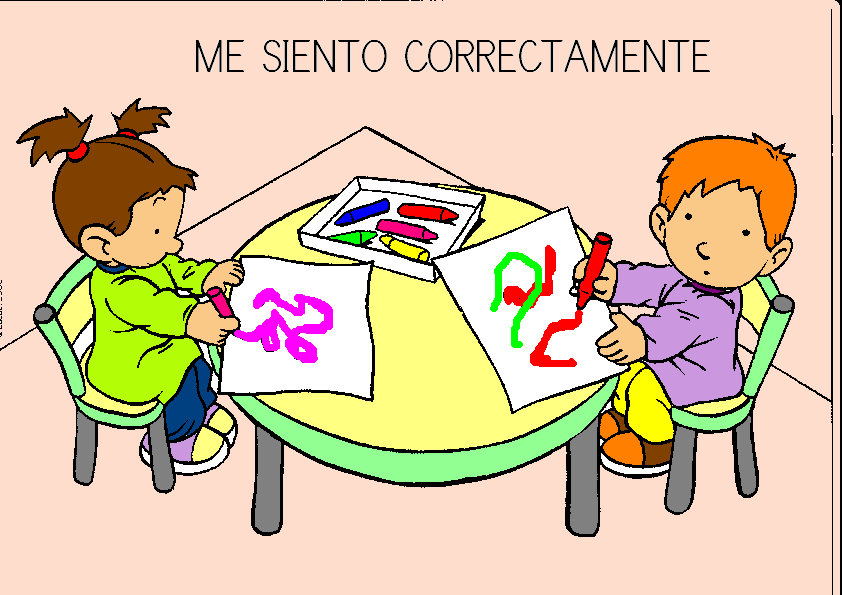 Suelen sentir rechazo, tanto a la entrada como a la salida del centro. Saben que en casa la persona de referencia subsana sin problema todas sus necesidades y sienten preocupación o ansiedad ante esta nueva situación porque desconocen si se cubrirán sus requerimientos.
Suelen sentir rechazo, tanto a la entrada como a la salida del centro. Saben que en casa la persona de referencia subsana sin problema todas sus necesidades y sienten preocupación o ansiedad ante esta nueva situación porque desconocen si se cubrirán sus requerimientos.
Tienen más capacidad para vincularse con la educadora de una manera positiva una vez que se adaptan a la escuela. Además, cumplirán las normas, explorarán de manera continuada, mostrarán curiosidad por el entorno y tendrán reacciones esperadas. Tienden a sentirse cómodos y cuando vienen los padres no tienen una necesidad tan imperiosa de salir corriendo a su encuentro. El trabajo con estos niños consistirá en tener paciencia y ofrecerle en cada momento aquello que necesiten.
Aquí los lazos no son tan fuertes y no proporcionan la seguridad necesaria a los hijos. En este grupo se establece una subclasificación:
Los primeros nunca han tenido cubiertas sus necesidades y su autoestima es muy baja.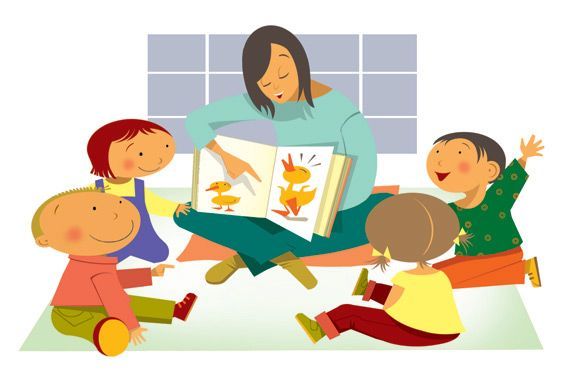 En la fase de adaptación se amoldan sin problema a la escuela y aunque, aparentemente, son muy independientes, no es una apreciación real, ya su baja autoestima les hace dependientes.
En la fase de adaptación se amoldan sin problema a la escuela y aunque, aparentemente, son muy independientes, no es una apreciación real, ya su baja autoestima les hace dependientes.
Con ellos habrá que trabajar a lo largo de todo el curso, para hacerles visibles y que comprueben que sus necesidades están cubiertas. Les frustrará que otros compañeros hagan bien sus tareas y ellos no, por ejemplo. Y no querrán que se les brinde ayuda; la educadora tendrá que ofrecérsela, pero de una manera más sutil.
Los clasificados en el grupo de los incoherentes, por su parte, no saben cuándo van a ser atendidos, ya que en su casa sus necesidades unas veces han estado cubiertas y otras no, según el estado de ánimo de sus figuras de apego.
Durante el periodo de adaptación en la escuela infantil se les puede confundir con niños de apego seguro en el momento de la separación, ya que también les cuesta, como a ellos, ver cómo se va su persona de referencia.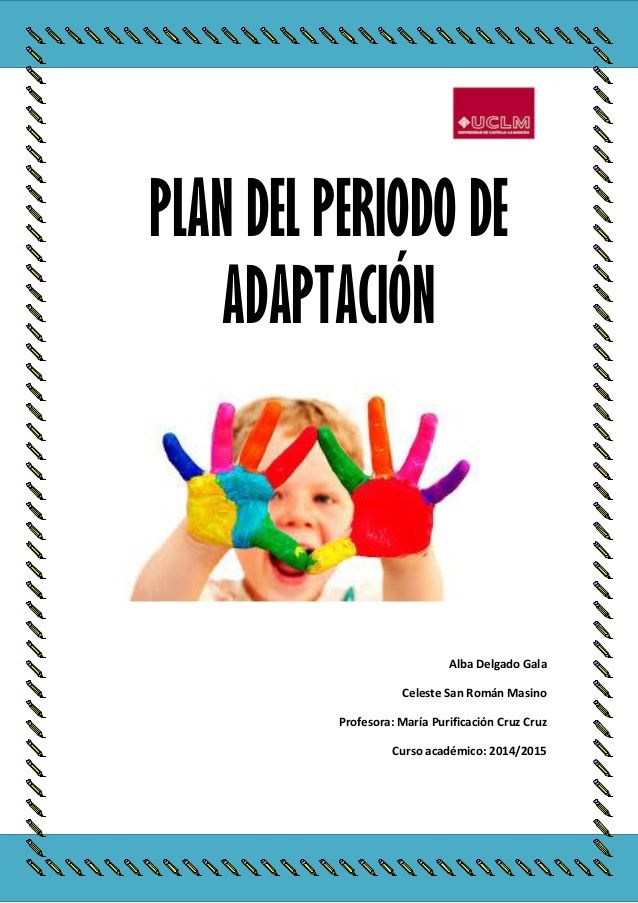 La diferencia principal radica en que estos últimos, una vez que se han amoldado al centro educativo, son felices en él.
La diferencia principal radica en que estos últimos, una vez que se han amoldado al centro educativo, son felices en él.
En cambio, los pequeños con apego inseguro no tienen una manera de actuar coherente; unos días se muestran contentos, otros no; unas veces son cariñosos, otras no, en ocasiones buscan ayuda y en otras la rechazan.
Otra de las grandes diferencias se manifiesta al regresar su figura de referencia para recogerlos concluida la jornada escolar. Los niños que poseen un vínculo seguro se calman fácilmente al verla. En cambio, en los que el lazo es inseguro e incoherente les cuesta calmarse incluso estando esta persona delante.
Lo primero que tienen que tener en cuenta las familias es que resulta de suma importancia que la persona de referencia esté tranquila y segura. Es la mejor manera de proporcionar fiabilidad al niño. Se ha elegido el mejor centro y se debe confiar en él y en los profesionales que trabajan allí, así que durante este periodo de adaptación en la escuela infantil la premisa básica es mantener la tranquilidad.
Es la mejor manera de proporcionar fiabilidad al niño. Se ha elegido el mejor centro y se debe confiar en él y en los profesionales que trabajan allí, así que durante este periodo de adaptación en la escuela infantil la premisa básica es mantener la tranquilidad.
Nunca dejes a tu hijo en el centro escolar sin despedirte; él debe saber que te vas. Y dile cuándo le vas a venir a buscar. Pero no le digas una hora concreta, mejor alude a algún acontecimiento. A estas edades necesitan rutinas, en el sentido de ayudarles a moldear el mundo que les rodea. Estas rutinas les sirven para saber lo que va a suceder en cada momento. Por ejemplo, debemos decirles frases como: ‘después de la merienda te vengo a buscar’.
Es normal que en esta etapa de comienzo en la escuela los niños lloren, no es una señal de alarma. Y, además, es una manera de saber qué estilo de apego tienen.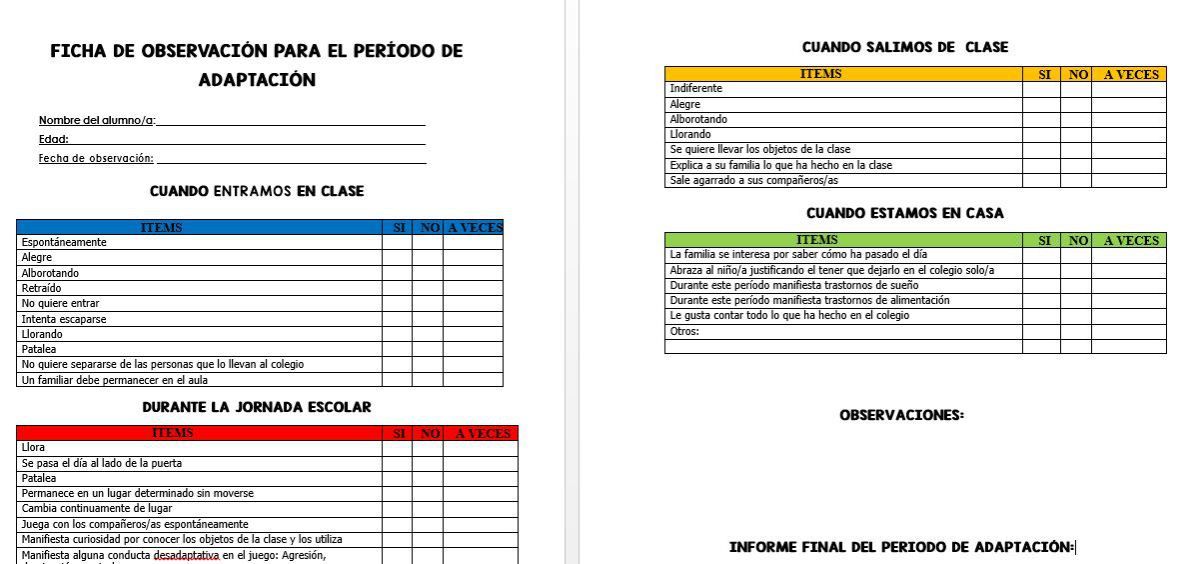 Así que la figura de referencia debe estar tranquila y confiar en la profesionalidad de los trabajadores del centro, como hemos dicho.
Así que la figura de referencia debe estar tranquila y confiar en la profesionalidad de los trabajadores del centro, como hemos dicho.
Lo mejor que podéis hacer es respetar las directrices que os aconseje la educadora. Es la profesional que va a compartir con vuestro hijo muchos momentos y va a saber valorar sus necesidades en cada situación.
“El aprendizaje es experiencia, todo lo demás es información”, Albert Einstein. Así que, en este periodo, paciencia y confianza, todo se está asentando.
Cristina Domínguez Conde
Escuela Infantil Lázaro
Centro asociado a ACADE
¿Cúanto dura el periodo de adaptación en educación infantil? ¿Por qué es importante que se respete este periodo? ¿Qué deberíamos hacer los padres para facilitar la adaptación del niño? Sin duda, son muchas las dudas que surgen sobre este tema.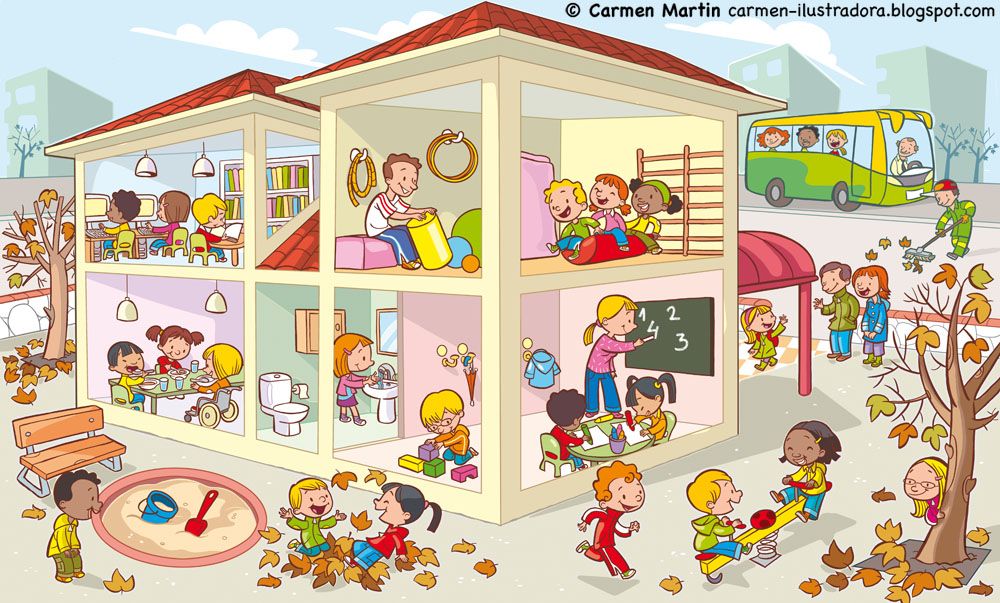 A continuación tratamos de dar respuesta a todas ellas.
A continuación tratamos de dar respuesta a todas ellas.
Índice de contenidos
¿Por qué es importante respetar este período?
El periodo de adaptación se considera fundamental en educación infantil, ya que es el que les permite a los niños adaptarse paulatinamente a un nuevo espacio, nuevos docentes, nuevos compañeros… y alejarse por algunas horas de los brazos cariñosos de sus padres. La adaptación es ese tiempo en el cual las maestras conocen a los niños, entablan con ellos lazos de afecto y contención.
Un niño que realiza un período de adaptación satisfactoriamente, estará seguro y feliz en el cole, se adaptará a las nuevas normas y rutinas, y su proceso de aprendizaje será óptimo. Por el contrario, un niño que no realiza adaptación, o que parece adaptado porque no exterioriza sus sentimientos, es posible que presente problemas más adelante (llorar, echar de menos a sus padres, no querer asistir al colegio, etc. ).
).
¿Cuánto dura el periodo de adaptación en educación infantil?
El periodo de adaptación en educación infantil puede durar más o menos días, incluso algunas semanas. Todo depende de la edad y la madurez de los niños en cuestión, así como de su situación puntual. Un niño de cuatro años que ha asistido a clases con sus mismos compañeros el año anterior puede que se adapte en muy poco tiempo, mientras que uno de la misma edad que entra a un nuevo colegio, que acaba de mudarse o de tener un hermanito, probablemente requiera más.
¿Cómo son los periodos de adaptación en los colegios o las escuelas infantiles?
En muchas escuelas, especialmente cuando son pequeños, es muy normal contar con periodos de adaptación que consisten en llevarlos progresivamente durante una semana (generalmente).
Se les irá dejando de menos a mas tiempo, conociendo a sus nuevos compañeros, profesores, entorno y rutinas. Esto les permite ganar seguridad, estar más tranquilos y hacer mucho más fáciles las jornadas completas.
Esto les permite ganar seguridad, estar más tranquilos y hacer mucho más fáciles las jornadas completas.
¿Qué debemos hacer los padres para facilitar la adaptación?
Nuestro rol es transmitirles a nuestros hijos seguridad y confianza. Y para eso, nada mejor que confiar, a su vez, en la institución educativa que hemos elegido. Si comprendemos por qué el profesor nos invita a irnos del aula; si respetamos las manifestaciones del niño, incluso las que nos incomodan (inapetencia, mal comportamiento o hacerse pipí encima) y las aceptamos como parte de un proceso, estaremos en mejores condiciones de acompañar y sostener a nuestros hijos en esta etapa.
Otros consejos que ayudan durante la adaptación
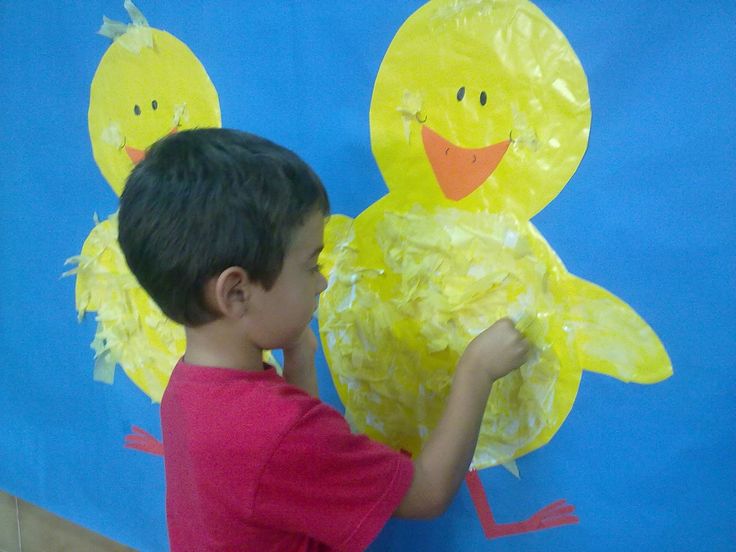 ¡Entienden más de lo que parece!
¡Entienden más de lo que parece!¡Ánimo y feliz vuelta al cole!
Adaptation of a young child to kindergarten conditions.
Adaptation is the adaptation of the body to new circumstances, the response to new conditions for it.
The adaptation process includes biological adaptation (changes in sleep, nutrition, walks) and social (changes in the child’s usual life – a new room, unfamiliar children and adults, the absence of parents, the inability to fully do what you want). Its course is influenced by the psychophysiological and personal characteristics of the child, the characteristics of family relations and upbringing. nine0007
Its course is influenced by the psychophysiological and personal characteristics of the child, the characteristics of family relations and upbringing. nine0007
Getting used to kindergarten can take from 20 to 60 days. If the child is not used to the 60th day, this is a difficult adaptation, but in our practice this happens extremely rarely. Usually there is an adaptation of mild to moderate severity.
In the first weeks, the most violent reactions occur, which manifest themselves in capriciousness, tearfulness, sleep disturbances (the child can cry and scream in a dream), disobedience, fatigue, and attachment to the mother increases. Respiratory illnesses may occur. Be prepared for the fact that if a child falls ill while getting used to the garden, then after leaving the hospital, adaptation will most likely have to be started almost all over again. nine0007
In general, the fear of separation from your mother is a vivid emotional reaction. A child at an early age learns the world on an emotional and sensory level and experiences deep feelings when separated from his parents.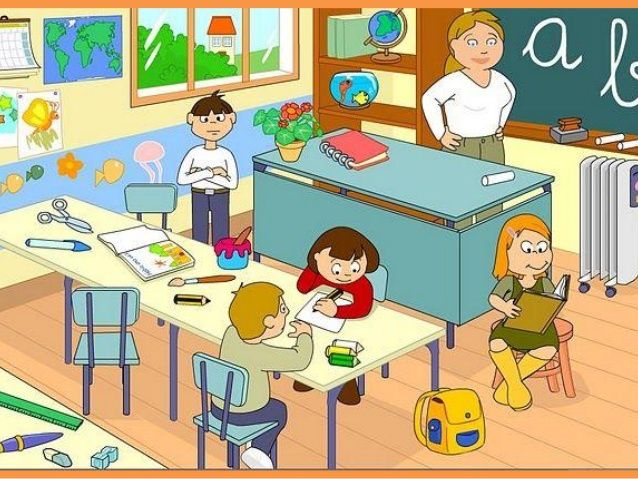 But separation can be hard to bear not only by the child, but also by his mother. Such a mother herself provokes anxiety in the child, painfully parting with him, having a negative attitude towards teachers and their requirements.
But separation can be hard to bear not only by the child, but also by his mother. Such a mother herself provokes anxiety in the child, painfully parting with him, having a negative attitude towards teachers and their requirements.
Therefore, in order not to provoke fears, parents should remain calm, be friendly towards the teacher and the kindergarten. nine0005
The following factors influence the success of adaptation:
1) The state of health and the level of development of the child.
A healthy and developed baby adapts more successfully. And the lack of the right regimen, lack of sleep deplete the nervous system in this already difficult period, which, accordingly, leads to the disease. Therefore, by sending the child to kindergarten, create conditions at home that are close to the regime adopted in the institution. nine0007
It is important that by the time your child enters kindergarten, basic self-care skills have been formed.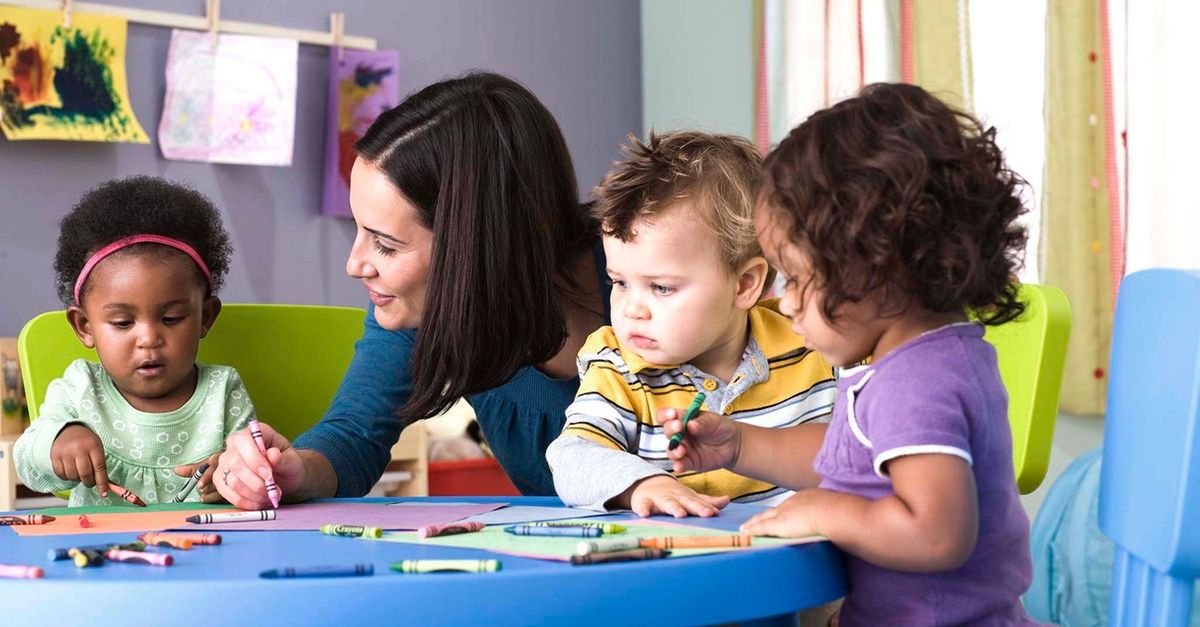 He must be able to eat with a spoon and drink from a cup, wash his hands, use a handkerchief, be potty trained and be able to ask for it. If your child is potty trained, but after entering kindergarten, he began to pee in his pants, do not be discouraged, as the child can react in this way to a stressful situation, and gradually everything will return to normal. During adaptation, the child should not be weaned from bad habits (for example, sucking a pacifier), so as not to aggravate an already difficult period for him. nine0007
He must be able to eat with a spoon and drink from a cup, wash his hands, use a handkerchief, be potty trained and be able to ask for it. If your child is potty trained, but after entering kindergarten, he began to pee in his pants, do not be discouraged, as the child can react in this way to a stressful situation, and gradually everything will return to normal. During adaptation, the child should not be weaned from bad habits (for example, sucking a pacifier), so as not to aggravate an already difficult period for him. nine0007
2) The child’s level of objective activity and the ability to communicate with others.
Children with whom they play little at home or do not encourage their play initiative have a harder time getting used to kindergarten. They have poorly formed actions with objects, any difficulty causes tears, they cannot establish contact with an adult.
Those children who know how to act with toys for a long time and in a variety of ways adapt more easily. Coming to the group, they are interested in new toys, agree to play with the teacher, in case of difficulty they can turn to him for help. nine0003 Play with your children at home and encourage play initiative!
Coming to the group, they are interested in new toys, agree to play with the teacher, in case of difficulty they can turn to him for help. nine0003 Play with your children at home and encourage play initiative!
Kindergarten training should be gradual. You can not immediately leave the child for the whole day. On the first day, come for an hour, and then, depending on the condition and behavior of the child, the time gradually increases. Here you need to listen to the recommendations of the teacher who observe your child during his stay in the group. And if, for example, you want to leave the child for a “quiet hour”, and the teacher says that it’s too early for you to stay to sleep, then it makes sense for the sake of the mental health and well-being of the child to listen to him. nine0007
For children, predictability is important. When going to kindergarten in the morning, tell your child what he will do during the day. For example: “We will now wash up, have breakfast and go to kindergarten.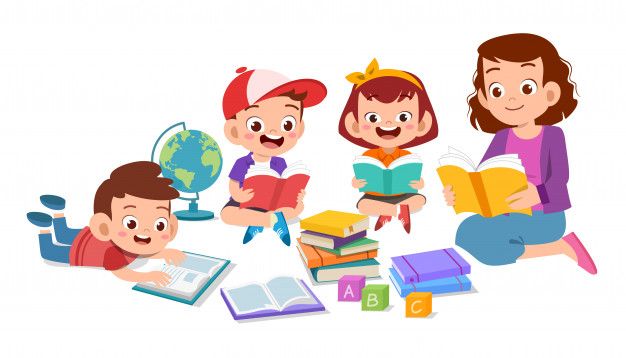 There you will play, take a walk, have lunch, sleep, and then I will come for you.”
There you will play, take a walk, have lunch, sleep, and then I will come for you.”
In the locker room, try not to say goodbye for a long time, because by doing so you show your baby your own insecurity and unwillingness to let him go. Remember the saying: “Long farewell – extra tears” . Sometimes, a seemingly adapted child starts to act up in the morning and refuse to go to kindergarten, but, most often, as practice shows, when he comes to a group, he quickly calms down, is distracted by games and does not remember his mother. Perhaps the reason for the whim in this case is that the child simply did not get enough sleep.
Don’t leave quietly, otherwise the child will take it as a betrayal and won’t trust you.
Better come up with a farewell ritual (for example, kiss, pat on the head, back, rub noses, etc.). If it is especially difficult for a child to part with his mother, let his father (grandmother, grandfather) bring him. nine0007
nine0007
Many mothers worry about the loud crying of children during adaptation, but the child should “suffer for his mother”, this is natural. It is worse if the child becomes isolated and experiences everything deep inside, is in a depressive state.
During the adaptation period, kids are allowed to bring soft or other favorite toys from home. They symbolize a part of the home for the child, and the soft toy gives the child comfort, replacing the mother and the warmth of her hugs for a while.
When picking up your child from kindergarten, try not to be late.
Children clearly keep track of all regime moments, and if the mother did not come after dinner, as promised, then this can cause tears and even hysteria. In case of being late, explain to the child that you remembered him and were in a hurry. Promise that you will try not to be late again, but if this happens again, he should not be afraid, you will definitely come for him.
It is good if the child can tell how his day in kindergarten went, but at an early age this is not always the case. You should not, when coming for a baby, ask him: “Did anyone offend you here?”, Because with such questions you “loop” him on the negative and contribute to the development of anxiety. It is better to ask about games, walks. nine0007
Try not to speak badly about the teacher in front of the child. He will think: “Mom calls my aunt bad and still brings me to her – it means she doesn’t love me.” In order to avoid conflict situations, warn the teacher in advance about the characteristics of your child, his habits, about the moments at which he may need the help of an adult.
Ask the teacher about the child’s stay in the group. If the child participates in games and activities, eats, follows the rules adopted in the group, then we can say that the adaptation process is proceeding normally. nine0007
Successful adaptation to you!
the flock was prepared by the psychologist Golkina S.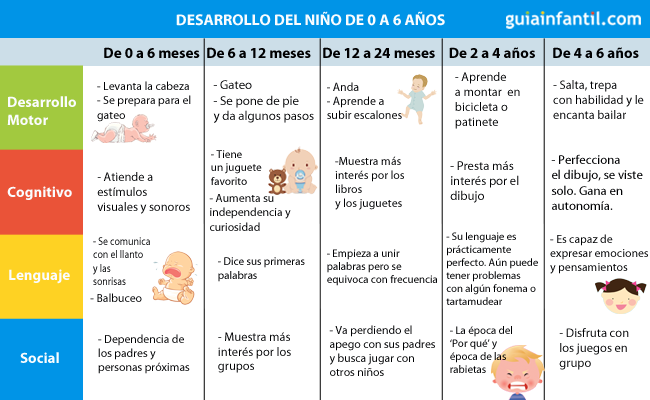 M. 08.2012.
M. 08.2012.
Early age is extremely important in human development. During this period, the most important and fundamental human abilities are laid: cognitive activity, curiosity, self-confidence and trust in other people, purposefulness and perseverance, imagination, creativity and many others. All these abilities do not arise by themselves, as a result of the child’s age, but require the indispensable participation of an adult and certain pedagogical influences. nine0007
Parents often ask teachers a question: “Why does a child go to kindergarten with tears and when will this “horror” end?” Indeed, for most of the children of the younger groups, adaptation to kindergarten is painful: the kids can’t get used to the group for a long time, they throw tantrums, some of them have to be “pulled away” from their mothers in the morning.
Let’s try to figure out why this happens and how to facilitate the adaptation of children in kindergarten.
Here’s a kid crossing the threshold of a kindergarten. In the life of a child, the most difficult period begins for his entire stay in kindergarten – the period of adaptation. nine0007
Adaptation is the process of a child entering a new environment and getting used to its conditions.
Appetite, sleep, emotional state may be disturbed in children during the period of adaptation. Some toddlers experience a loss of already established positive habits and skills. Decrease in appetite, sleep, emotional state leads to a decrease in immunity, to a deterioration in physical development, weight loss, and sometimes to a disease.
There are three degrees of adaptation: mild, moderate and severe. nine0007
When easy adaptation the negative emotional state does not last long. At this time, the baby does not sleep well, loses appetite, and is reluctant to play with children. But within the first month after entering the kindergarten, as you get used to the new conditions, everything returns to normal.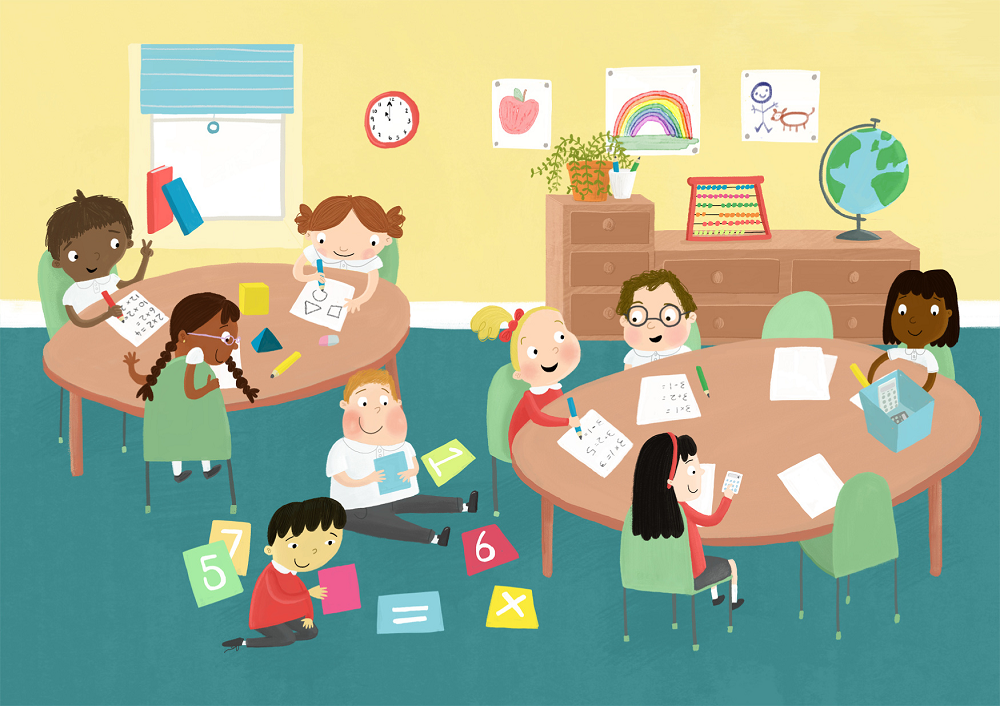
In case of moderate adaptation the emotional state of the child normalizes more slowly and during the first month after admission, he usually suffers from acute respiratory infections. The disease lasts 7-10 days and ends without any complications. nine0007
The most undesirable is difficult adaptation , when the child’s emotional state returns to normal very slowly (sometimes this process takes several months). During this period, the child either suffers from repeated illnesses, often with complications, or exhibits persistent behavioral disorders. Severe adaptation negatively affects both the health and development of children.
What determines the nature and duration of the adaptation period? nine0006
Studies of teachers and doctors show that the nature of adaptation depends on the following factors:
• the child’s age. It is more difficult for children aged 10-11 months to 2 years to adapt to new conditions. After 2 years, children can adapt to new living conditions much easier. This is explained by the fact that by this age, they become more inquisitive, they understand the speech of an adult well, they have a richer experience of behavior in different conditions.
After 2 years, children can adapt to new living conditions much easier. This is explained by the fact that by this age, they become more inquisitive, they understand the speech of an adult well, they have a richer experience of behavior in different conditions.
• the state of health and development of the child. A healthy, well-developed child is more likely to endure the difficulties of social adaptation. nine0007
• formation of objective activity. Such a child can be interested in a new toy, activities.
• individual features. Children of the same age behave differently in the first days of their stay in kindergarten. Some children cry, refuse to eat, sleep, they react to every suggestion of an adult with a violent protest. But a few days pass, and the child’s behavior changes: appetite, sleep are restored, the child follows the game of his comrades with interest. Others, on the contrary, are outwardly calm on the first day. Without objection, they fulfill the requirements of the educator, and in the following days they part with their parents with tears, eat poorly, sleep, and do not take part in games.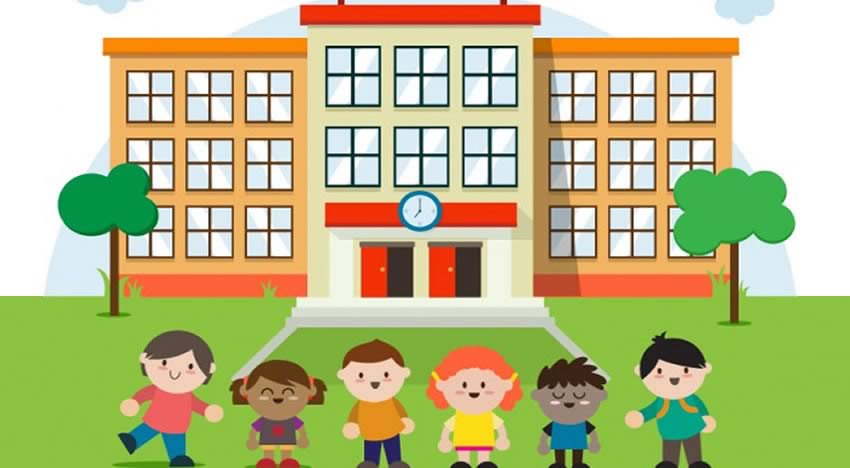 This behavior can continue for several weeks. nine0007
This behavior can continue for several weeks. nine0007
• living conditions in the family. This is the creation of a daily routine in accordance with age and individual characteristics, the formation of children’s skills and abilities, as well as personal qualities (the ability to play with toys, communicate with adults and children, take care of themselves, etc.). If a child comes from a family where the conditions for his proper development were not created, then, naturally, it will be very difficult for him to get used to the conditions of a preschool institution.
• the level of fitness of adaptive mechanisms, experience of communication with peers and adults. The training of mechanisms does not happen by itself. It is necessary to create conditions that require new forms of behavior from the child. Toddlers who, before entering kindergarten, repeatedly found themselves in different conditions (visited relatives, acquaintances, went to the country, etc.), get used to a preschool institution more easily. It is important that in the family the child develops a trusting relationship with adults, the ability to positively relate to the requirements of adults. nine0007
It is important that in the family the child develops a trusting relationship with adults, the ability to positively relate to the requirements of adults. nine0007
Objective indicators of the end of the adaptation period in children are:
deep sleep;
good appetite;
cheerful emotional state;
complete restoration of existing habits and skills, active behavior;
age-appropriate weight gain.
Reasons why a child cannot get used to kindergarten
To make it easier for mothers to part with their daughters and sons in the morning, consider the reasons why children cry. Eliminate them – the tears will disappear. nine0007
The child is not prepared to attend kindergarten:
cultural and hygienic skills are not formed;
he cannot play with toys on his own;
the regime in the family does not coincide with the regime of the preschool educational institution.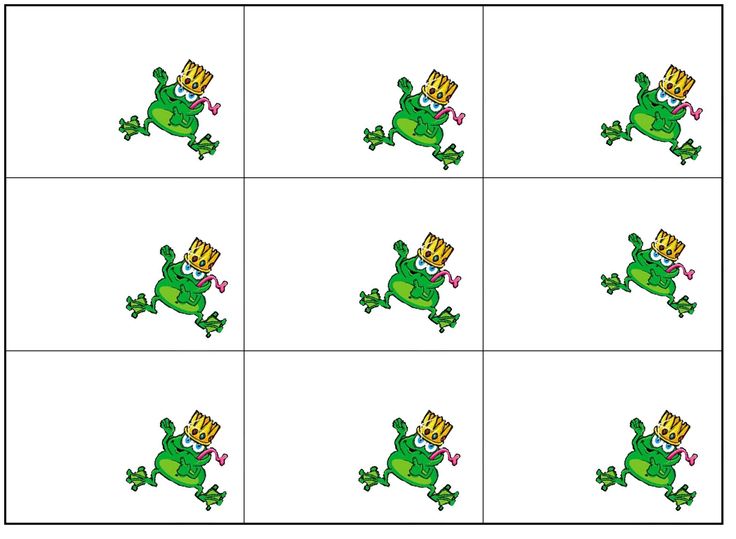
State of health. It is harder for a sick child to adapt to new conditions than for a healthy one.
Biological causes:
severe toxicosis in the mother during pregnancy;
birth complications;
illnesses in the first three months of life. nine0007
Individual reasons. Some kids on the first day of visiting a preschool institution behave quietly and calmly, and on the 2nd or 3rd day they begin to cry, others, on the contrary, throw tantrums in the first days, and then their behavior returns to normal.
Living conditions in the family. If the child was taken to relatives, visited acquaintances with him, took him on trips, then he will get used to the new environment of the kindergarten much faster.
Limited communication with peers. It is most difficult for children to adapt, whose social circle has been reduced to a minimum “mom-grandmother-dad”. For such kids, a large number of children causes fear, a desire to hide somewhere to be alone. nine0007
nine0007
How to ease the period of getting used to kindergarten?
Follow the most important rule: a calm mother – a calm child. When giving a son or daughter to a caregiver, try to remain calm, because children feel the emotional state very well. If the mother brought the child, undressed and always delays the moment of parting, she gives the baby a reason for fear and unrest. Tip: set yourself up for parting in advance, remember that this is inevitable. They dressed the child, kissed him, promised that you would definitely pick him up from the kindergarten and quickly left – this is the correct algorithm of actions in the first days. nine0007
Gradually increase the time spent in kindergarten. During the adaptation period, it is not recommended to leave a child of 2-3 years old in kindergarten for the whole day. You need to start with just a couple of hours a day with a gradual increase in the time spent. One or two weeks the baby should be picked up after lunch, then after a daytime sleep, and after a few more days try to leave it for the whole day.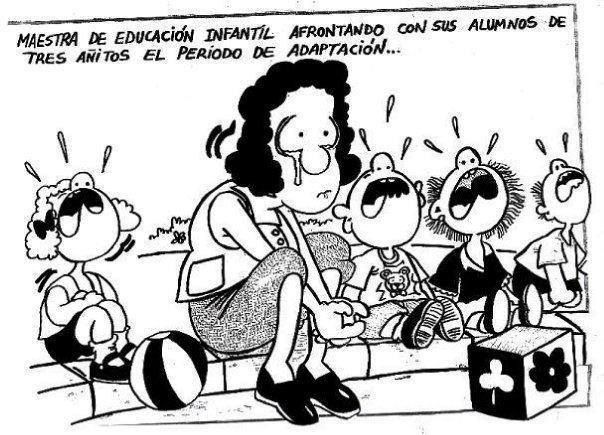
Attend kindergarten regularly. In order for the child to adapt faster, you need to take him to kindergarten every day. Only illness can be a good reason for not attending preschool. nine0007
Create a “farewell ritual” with your child. Do not arrange long goodbyes, speak confidently when you take the child home (after dinner, sleep, in the evening), kiss on the cheek, hug, wave and leave.
Give your child a “charm” – a thing that will remind him of home, for example, a soft toy. You can give a “key to the house”, without which, until you pick up the baby from the kindergarten, you won’t get home.
Create motivation to attend kindergarten: you need to see how the fish are fed or your favorite toy is missing, etc. nine0007
Never talk about things that you don’t like about kindergarten in front of your child.
If the separation from the mother is difficult, it is recommended to involve the father, grandmother or one of the relatives so that they take the baby to kindergarten.
Parental mistakes that make it difficult for the child to adapt Parents often scare their children about kindergarten: “If you don’t obey me, you’ll go to kindergarten tomorrow.” Think about it, can a place that scares you be able to evoke positive emotions? nine0007
Cannot be punished for tears at parting. Never get angry with a child because he does not want to go to kindergarten and cries. This is a completely normal reaction for children 2-3 years old. Better kiss, hug him and once again assure him that you love him very much and will definitely pick him up from kindergarten.
You can’t promise a child something that you can’t keep later. For example, if mom said that she would pick it up right after dinner, then she should do so. Because of a broken promise, children often have tantrums. How can one not cry here, if mother promised and did not come, maybe she is going to leave in the kindergarten for the night. Thus, you can permanently lose the trust of the child.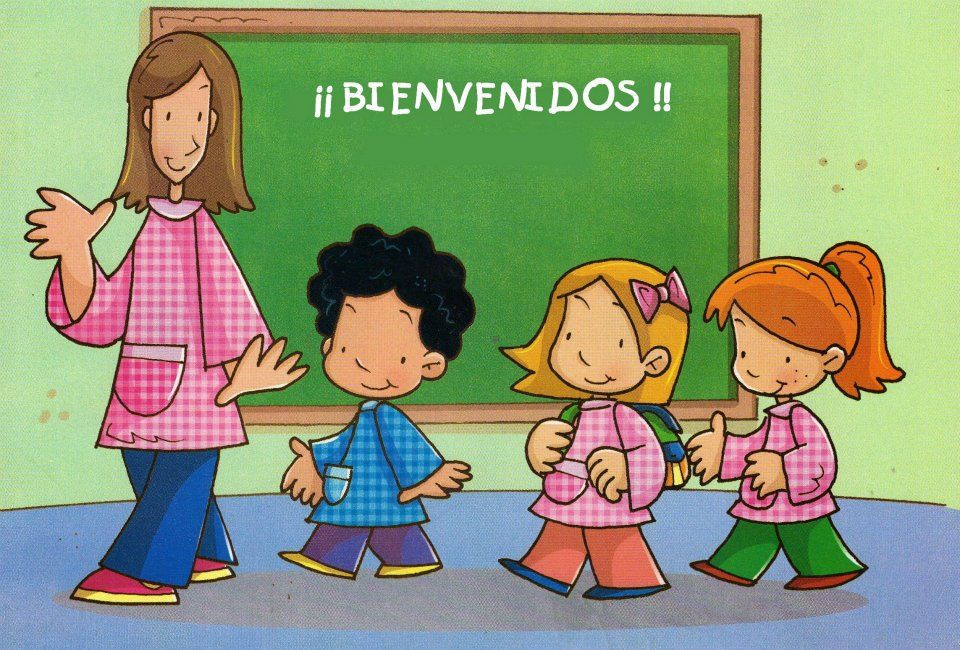 It is better to say specifically that you can pick up only in the evening and not give “empty” promises. nine0007
It is better to say specifically that you can pick up only in the evening and not give “empty” promises. nine0007
In conclusion, one more important advice for parents: try to pick up your child earlier so that he does not remain one of the last in the group, support him in everything, praise him for small achievements, smile more often, remain calm and soon you will notice that the child has begun to walk in kindergarten with pleasure.
Dear parents, communicate more often, play with your children! They will be surrounded by love, care and will be easier to adapt to kindergarten!
In order for your child to quickly and easily get used to the new way of life that kindergarten offers, to feel confident and comfortable in the group, we ask for your cooperation during the period of adaptation to new conditions.
In kindergarten, a child needs to get used to:

It will be easier for your child to get used to everything gradually. Therefore, we ask you to come with your child for the first time at a time when there will be no other children in the group and the teacher will be able to get to know your baby, and he will study a new adult for him. The child will feel confident if you are at first close to him.
For the first week we ask you to come between 9.00 and 11.00 and feed your child breakfast at home. nine0131 The second week we will invite the child to try group meals and perhaps sleep by the end of the week.
Weeks 3 and 4 please pick up your child shortly after nap time. At home, during the adaptation period, you need to treat the baby more tolerantly and carefully. If there is something that worries you about kindergarten, do not discuss it in front of the child, but be sure to share all concerns with the staff of our institution.